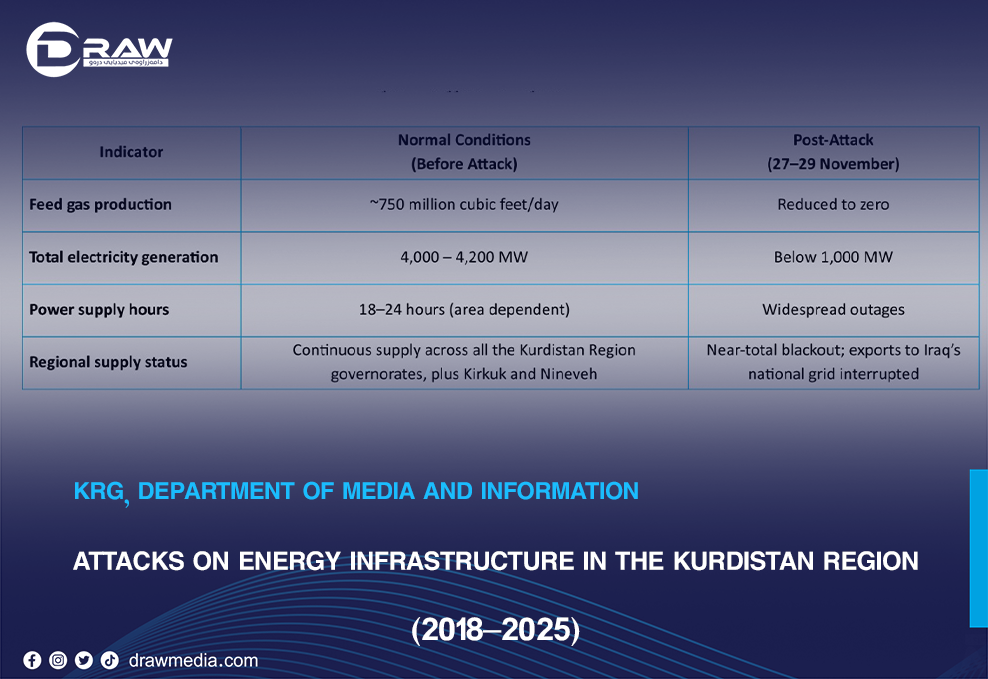Kurdistan parliamentary elections see 6% drop in eligible voters

2024-10-08 07:20:10
The upcoming sixth parliamentary election in the Kurdistan Region of Iraq is set to see a 6% decline in the number of eligible voters compared to the previous term, despite the inclusion of new-age groups now qualified to vote. The drop has raised concerns over the reasons behind it, with experts pointing to migration, administrative challenges, and potential demographic shifts.
Decline Despite Historical Growth Trends
According to data from the Independent High Electoral Commission of Iraq, 2,899,578 voters are eligible to cast their ballots in the upcoming elections, down from 3,085,461 in the previous cycle. The decrease stands in contrast to the 16% increase witnessed in the fifth term compared to the fourth when the number of eligible voters rose to 2,653,743.
Historically, the voter base in the Kurdistan Region has been growing steadily. The third parliamentary election saw a 10% increase in eligible voters compared to the second, with numbers rising by 228,037. The second term experienced a modest 1% increase over the first.
Migration's Impact
Many analysts attribute the current decline to large-scale migration out of the Kurdistan Region in recent years, driven by political and economic instability.
"Demographic changes from migration have directly impacted the voter numbers. Many who left the country remain on voter lists, while the new generation eligible to vote has not been properly registered, leading to a gap," Haori Karzan, a local observer, told Shafaq News Agency.
Administrative Delays
Administrative delays in updating voter records are also contributing to the decline. Arslan Mohammed, an election affairs expert, highlighted issues with removing the names of deceased or emigrated individuals and the slow registration of new voters.
"Rural areas and regions with high population mobility face significant challenges in updating voter databases, directly affecting the final voter count," Mohammed explained.
The decrease in eligible voters ahead of the sixth term could affect voter turnout and potentially influence the results, posing challenges for political parties relying on their traditional bases.
Lack Of Awareness And Registration
Another factor contributing to the decrease is the lack of awareness among newly eligible voters about the need for prior registration. "Many young people who reached voting age are not sufficiently aware of the importance of registering for elections. The electoral commission has not effectively communicated this message, especially in remote areas where access to information is limited," Karzan explained.
This lack of awareness particularly affects new age groups, reducing the number of actual registered voters.
Technical And Administrative Challenges
The systems used to register voters and update their information continue to face technical issues that lead to errors or delays in processing data. Political analyst Shukr Ahmad told Shafaq News Agency that "the systems used to update the voter registry face numerous technical problems. In some cases, there are delays in updating the data of new voters, and in others, the systems crash due to data overload. These challenges directly reduce the number of registered voters."
Impact Of New Age Groups
Interestingly, a significant number of new voters have become eligible to participate in this election, with a large segment of youth reaching the voting age of 18 over recent years. Despite this, the expected increase in voter numbers has not materialized.
"The inclusion of new-age groups should have boosted the number of voters, but administrative and technical challenges hindered the registration of many of them. Moreover, some youth are disillusioned with the political and economic situation, leading to a reluctance to register and participate," noted Arslan Mohammed.
Political Implications
The drop in eligible voters despite the inclusion of new voters could have a direct impact on election results. Political analyst Shukr Ahmad believed that "the political parties may be affected by the distribution of votes due to this decline. Changes in the voter base could lead to some parties losing their traditional shares in certain areas, especially where there is weak voter registration."
These figures come as the countdown begins for the sixth parliamentary elections in the Kurdistan Region, where the decline in eligible voters compared to previous terms could significantly influence voter turnout.


.jpg)




.jpg)

.jpg)